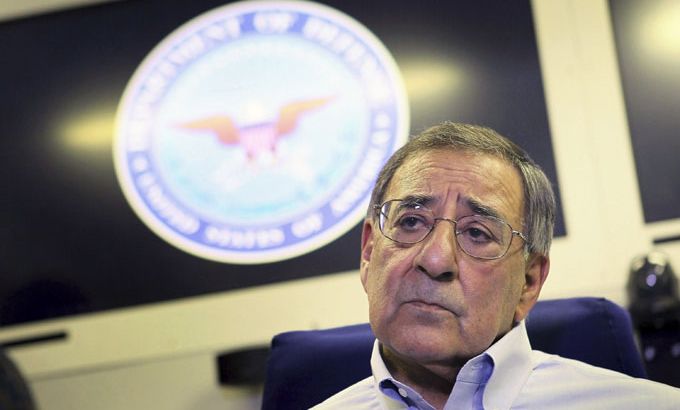US backs Seoul over North Korea rocket
Pentagon head Panetta shares Seoul’s view that planned launch amounts to a serious provocation.

The US has backed South Korea’s position over North Korea’s planned missile launch, agreeing with the South that the North Korean proposal was a serious provocation.
A Pentagon spokesman said Leon Panetta, US defence secretary, spoke to his South Korean counterpart, Kim Kwan-jin, by telephone on Monday evening to discuss the planned missile launch,
“Both leaders would regard a missile launch by North Korea … a violation of North Korea’s international obligations and standing UN Security Council resolutions,” George Little, Pentagon spokesperson, said.
|
“The Philippines government has told people to stay indoors, as they feel debris from the missle attack could fall into the waters of the Philippines.” – Jameela Alindogan , Al Jazeera |
North Korea’s long-range rocket, scheduled to put what it says is a satellite into orbit next week, has been installed on its launch platform, according to the country’s space officials.
South Korea has already threatened to deliver a “firm response” to “provocation” if the North does goes ahead with its planned launch.
The US called upon China to exert its influence over its neighbour to try to ward off such “provocative actions”.
Japan has also braced itself for the launch, having put its missile batteries on alert to shoot the rocket down.
Japan concerned
The Unha-3 rocket is expected to fly past western Japan, raising concerns that a failed launch, or a falling stage of the rocket, could endanger Japanese lives or property.
“They have come pretty far on the question of range, but they still need a lot to resolve in the precision technology needed for [warhead] re-entry and guidance,” a South Korean military official who spoke on condition of anonymity, told the Reuters news agency.
The Unha-3 is likely the same three-stage liquid-fuelled ballistic missile the North fired in 2009 over Japan, which
eventually splashed down after a 3,800km flight, military experts in South Korea said.
The new rocket is believed to have a design range of more than 6700km, and can carry a payload of up to 1000kg.
The planned launch has already prompted three Asian airlines to make changes to flight paths to avoid the missile.
Philippine Airlines, Japan Airlines (JAL) and All Nippon Airways (ANA) have announced changes to several routes.
Philippine Airlines said in a statement that as the splashdown area of the rocket’s second stage was anticipated to be ”just east of Luzon”, all flights passing through the area during the launch period would have their routes adjusted.
These include about a dozen flights between Manila and the US, Canada, Japan and South Korea.
Philippine officials have also declared a no-fly zone and warned ships and fishing boats to avoid the area where rocket debris could fall.
‘Extreme caution’
Al Jazeera’s Jameela Alindogan said authorities in Manila are exercising extreme caution in view of the expected launch.
“The Philippines government has told people to stay indoors, as they feel debris from the missle attack could fall into the waters of the Philippines,” she said.
North Korea, which three years ago pulled out of six-party disarmament talks on its nuclear programme, agreed in February to stop nuclear tests, uranium enrichment and long-range missle launches in return for food aid, opening the way to a possible resumption of the negotiations.
But that has unravelled with the North’s planned rocket launch. The North says it is merely sending a weather satellite into space, but South Korea and the US say it is a ballistic missile test.
Confounding fears have also been South Korean media reports saying the North was also preparing a third nuclear test.
South Korea’s Yonhap news agency quoted an unidentified intelligence source as saying North Korea was “clandestinely preparing a nuclear test” at the same location as the first two.